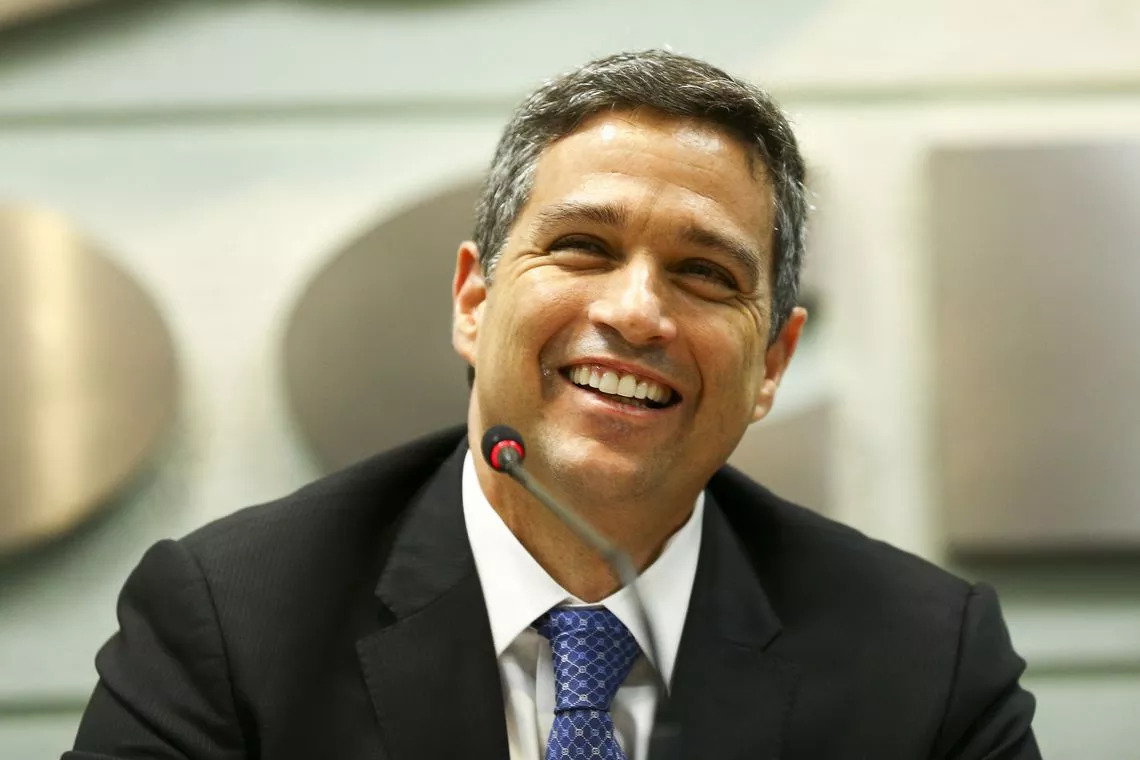The president of the Central Bank of Brazil, Roberto Campos Neto, praised yesterday, Wednesday, the government’s proposal of the new fiscal framework presented last week, describing it as “super positive”.
Campos Neto said it is essential to recognize the tremendous effort that the government and Finance Minister Fernando Haddad have made, as what has been announced so far “eliminates the risk of an explosive debt trajectory.”
“Our evaluation is super positive”, said the president of the Central Bank, who emphasized that it is necessary to wait to see how the proposal will be processed in Congress.

During his speech at an event organized by the investment bank Bradesco BBI, Campos Neto reiterated that there is no mechanical relationship between fiscal policy and interest rates, stressing that the important thing “is to act within the system of goals”.
In this sense, he said it is necessary to see how the proposed fiscal framework will impact inflation expectations.
The banking official recalled that “the country has not been able to make major spending adjustments in recent history, which should demand credibility from the current government”.
During the event, Campos Neto stated that if there is a substantial financial stability crisis, it is possible that it could affect the monetary policy area. However, he stressed that this would only occur in extreme cases.
Minister Haddad presented the proposed new fiscal framework last week, which will limit the growth of public spending to 70 percent of the variation of government revenues in the previous 12 months.
According to Haddad, the government aims to reduce the primary deficit to zero in 2024, reaching a surplus of 0.5 percent of the Gross Domestic Product (GDP) in 2025 and 1 percent in 2026.
The new fiscal framework foresees a slight growth in gross public debt until 2025 and its stabilization at 76.5 percent of GDP in 2026, the last of President Luiz Inácio Lula da Silva’s current term.
The new fiscal framework is considered a vital piece of the Lula da Silva government’s economic policy because it may lead to a decrease in the Central Bank’s interest rate hike, which is currently at 13.75 percent per annum and which is squeezing economic activity.

